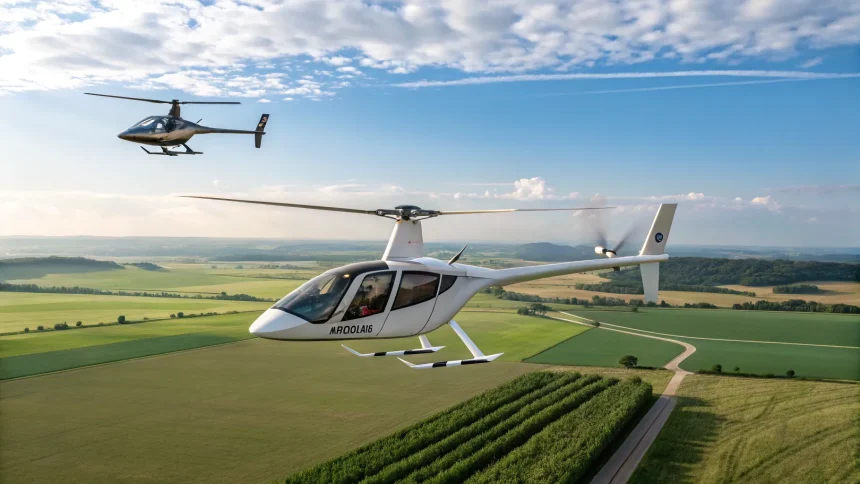Joby Aviation Inc has initiated discussions to potentially acquire helicopter ride-share company Blade Air Mobility Inc, according to sources with knowledge of the situation.
The electric air taxi developer is considering this strategic move as part of what appears to be ongoing consolidation in the emerging urban air mobility market. While details of the potential deal remain limited, this development signals Joby’s possible interest in expanding its operational footprint before the commercial launch of its own electric vertical takeoff and landing (eVTOL) aircraft.
Blade Air Mobility, known for its helicopter and seaplane services in major urban markets, has established itself as a prominent player in the short-distance aviation transportation sector. The company operates a digital booking platform that connects passengers with various air mobility options, primarily helicopters, in congested urban areas.
Strategic Implications for Urban Air Mobility
If completed, this acquisition could provide Joby with immediate access to Blade’s established customer base and operational infrastructure. Joby has been developing its own electric aircraft designed for urban air mobility but has yet to launch commercial passenger services.
Acquiring Blade would potentially allow Joby to:
- Gain immediate market presence in key urban areas
- Access Blade’s customer network and booking platform
- Utilize existing heliport infrastructure critical for future air taxi operations
The move aligns with industry expectations that eVTOL developers would need to partner with or acquire existing air mobility operators to accelerate market entry once their aircraft receive regulatory certification.
Market Position and Competition
Joby Aviation, backed by Toyota Motor Corp and other major investors, has positioned itself as a leading developer in the eVTOL space. The company has been working through the certification process with aviation authorities for its aircraft, which can carry a pilot and four passengers at speeds up to 200 mph.
Blade Air Mobility, meanwhile, has built its business model around providing short-distance air transportation services without owning aircraft. Instead, the company works with third-party operators while focusing on the customer experience and digital booking platform.
“This potential acquisition represents a significant development in the urban air mobility landscape, as it would combine Joby’s advanced aircraft technology with Blade’s established market presence,” noted an industry analyst familiar with both companies.
The urban air mobility market has seen increased activity in recent years, with several companies developing electric aircraft designed to provide transportation services in congested urban environments. Analysts project this market could reach billions in value over the coming decade as electric aircraft begin commercial operations.
Regulatory and Operational Challenges
Any acquisition would face regulatory review, and the combined entity would still need to navigate the complex regulatory environment for urban air mobility. Joby continues to work through the certification process for its aircraft with the Federal Aviation Administration, a necessary step before beginning commercial passenger operations.
Blade’s existing relationships with heliport operators and local authorities could prove valuable in addressing some of the operational challenges Joby would face when launching its own aircraft service.
Neither Joby Aviation nor Blade Air Mobility has officially commented on the potential acquisition. Sources indicate discussions are ongoing, and there is no certainty that an agreement will be reached.
The potential deal comes at a time when the urban air mobility sector is preparing for significant growth, with several companies expecting to receive certification for their electric aircraft in the coming years. Industry observers will be watching closely to see how this possible acquisition might reshape the competitive landscape.







